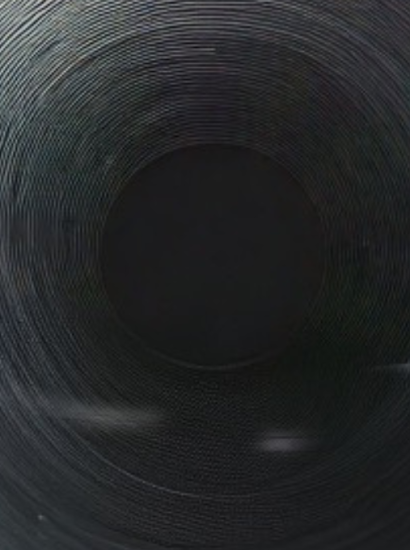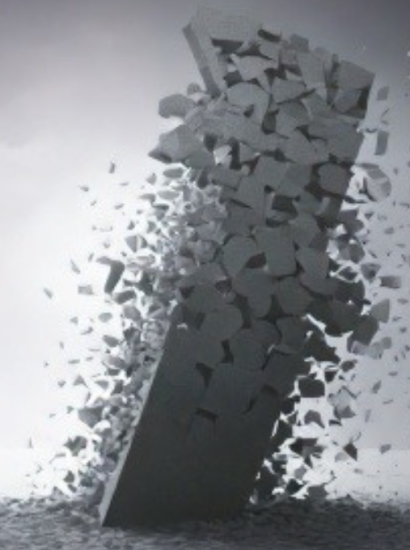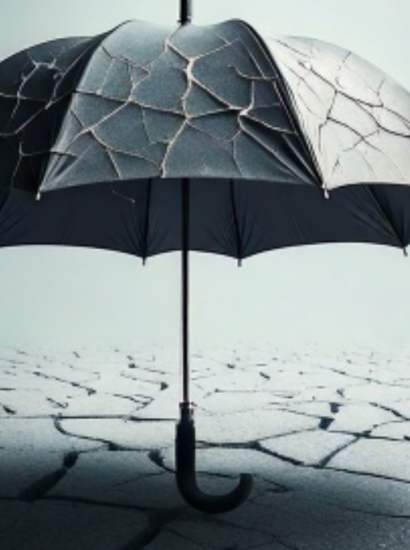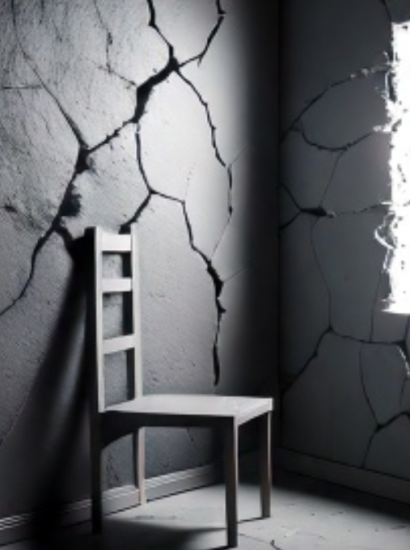This post is also available in: ΕΛΛΗΝΙΚΑ (GREEK) TÜRKÇE (TURKISH)
I don’t have the exact statistics on who reads the column, but right now I’m addressing the native readers.
Try to put yourself in the shoes of a migrant of African descent, of a different religion, living and working on the island, even if only for five minutes. Feel, even for a moment, the degradation, distrust, contemptuous looks (or looks of condescension/pity as a result of White Saviour Complex, I don’t know which is worse), the covert or overt racism, the daily fear for your bodily integrity or even your own life for being the wrong colour, religion or origin. If you have managed to feel all these things, even for a few minutes, now to poor, black, of a different religion, migrant, add “homosexual” to understand what it’s really like to be at the bottom of the food chain. And if you think it doesn’t get any lower than that, imagine being all of the above and a woman. You are literally looked down upon by everyone else – and some want to kill you.
Welcome to the nightmare of LGBTQI migrants, a group of people in an even worse position than ordinary migrants (where the bar is already set very low) and this is because their members are at risk of being disparaged, marginalised or beaten up even by their own racial/ethnic group. So not only do they have to deal with xenophobia, bigotry, racism and the now permanent threat of right-wing bullies, they also have to deal with the homophobia in their own communities, usually as a result of religious beliefs, ethnic/racial traditions or even draconian legislation in their countries of origin. I know of a case of a Somali lesbian activist in Cyprus who is often targeted by male compatriots who curse and threaten her (in areas of Somalia controlled by Islamic fanatics, gay people are summarily put to death). Humanitarian organisations have gone so far as to threaten the perpetrators that they will report them to the authorities with possible deportation if they don’t stop – think how fucked-up the situation is when vulnerable groups turn against even more vulnerable individuals.
The African LGBTIQ+ Community of Cyprus is an informal advocacy and support group representing the LGBTQIA+ African community in Cyprus. It has around 500 members and is under the auspices of ACCEPT which provides it with the necessary support and know-how and works closely with other local LGBTQIA+ organisations such as Queer Collective CY and Queer Cyprus Association. The African LGBTIQ+ Community Cyprus promotes safety, social integration and equality while building bridges between different cultural and minority groups, including African, Filipino and Cypriot LGBTQIA+ individuals. The group also seeks to raise awareness and increase visibility on discrimination issues faced by LGBTQIA+ Africans in Cyprus, focusing on the complexities of their dual identity and the difficulty of accessing support services. One of the most serious issues facing the group is the deportation of its members to countries where homosexuality is equivalent to a death sentence. This is the main reason for their first protest on Sunday afternoon in Eleftheria Square in Nicosia. As I learned, more so about visibility, to shout that they exist too and that they are twice as much at risk as heterosexual migrants or gay natives, precisely because of this not at all enviable dual attribute. And to ask the state to treat them with humanity, to respect international treaties and to stop deporting openly gay migrants to countries where they are prosecuted or lynched by angry mobs.
The situation of gay rights in Africa is particularly worrying. Across the continent, LGBTQI communities experience widespread discrimination, marginalisation and often violence. At least 30 of the 54 African countries have laws criminalising homosexuality, but even where it is not illegal, those who form homosexual relationships are marginalised, discriminated against, ostracised from communities, abused or murdered. The situation is worse in Nigeria, Cameroon and Somalia where most African migrants in Cyprus come from. In Nigeria, homosexuality is a criminal offence, with punishments including up to 14 years in prison, while in the Boko Haram-controlled northern part of the country where sharia law is in force, the punishment can even be death. In Cameroon, the country’s own laws criminalise consent to same-sex relations with prison sentences of up to 5 years. Beyond legal penalties, social rejection and hatred are often reinforced by public figures and institutional actors. For example, when a visit by the French ambassador for LGBTQI rights was announced, it was cancelled after a wave of threats and hate speech from social media and political leaders calling LGBTQI people “perverse” and “destructive” to society. Uganda in May 2023 passed one of the strictest anti-homosexuality laws in the world, with penalties including the death penalty for “conditions of intense homosexuality”. The law punishes anyone who encourages or supports LGBTQI rights and makes it illegal to make any public statement of support for LGBTQI individuals. In Ghana, the law criminalises same-sex relations and prescribes sentences of up to 3 years, while stricter measures have been in discussion for years, with proposals including penalties for supporting LGBTQI rights and disseminating related content. In Senegal, homosexuality is punishable by imprisonment of up to 5 years and arrests and mistreatment of LGBTQI people by the police are common. LGBTQI organisations face significant obstacles in their efforts to support the community due to strict legislation and strong social rejection.
As a former English colony Cyprus has gone through the shameful period of criminalising homosexuality (countries in Africa where it is still criminalised or was in the past, are all former English colonies – in the UK it was a criminal offence until 1967) and has come a long way, in truth, to the civil partnership (and still has a long way to go towards full equality before the law for same-sex couples). But despite the outdated mindset of a large part of the population and the rapid rise of racist/homophobic rhetoric, it can become a safe haven for people who are clearly worse off. They may not be victims of war, natural disasters or dissidents, but they are equally at risk of imprisonment, torture and even death in their own countries because of their nature. So let us give them not only the visibility they seek, but support, care and protection. As a supposedly modern and civilised state.
Source: DEVIL’S ADVOCATE: LGBTQI AFRICAN MIGRANTS: TWICE AS INVISIBLE, TWICE AS VULNERABLE






